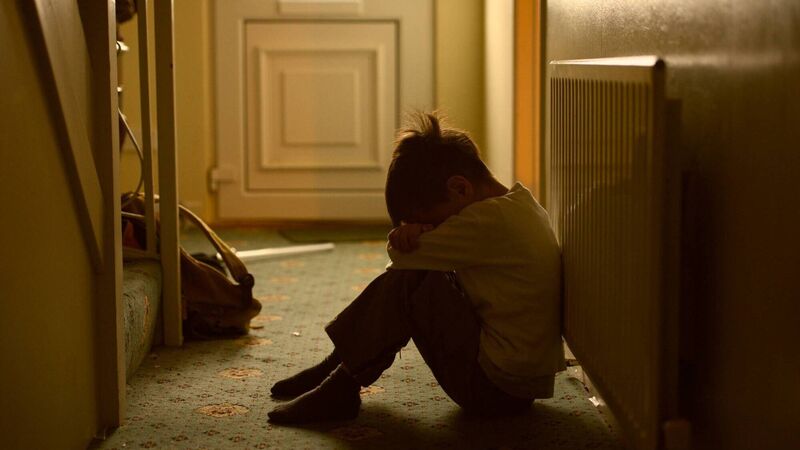UL study explores link between adverse childhood experiences and shorter life span

The researchers believe that individuals with adverse experiences in their childhood can suffer from lower self-acceptance and purpose in life, that these could be a pathway or a ‘mechanism’ linking these experiences to future mortality risk. File picture
A major international study led by researchers at the University of Limerick has examined the association between adverse childhood experiences and the increased risk of premature mortality.
Adverse childhood experiences such as emotional and physical abuse, household instability, socioeconomic climate and ill health can lead to people having a shorter life, but it was not clear how.
















